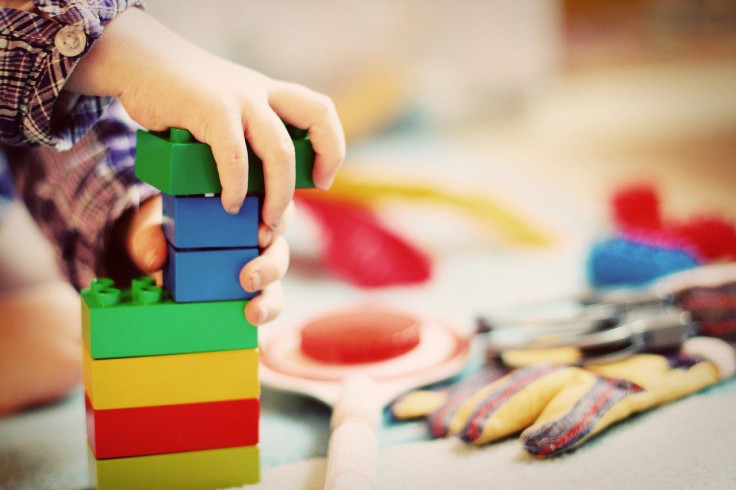COVID-19 Impact: Both Exposed, Unexposed Infants Born During Pandemic Display Development Lag, Study Finds
KEY POINTS
- Researchers looked at the development of babies born during the pandemic
- They scored lower in some key domains compared to those born before the pandemic
- This doesn't necessarily mean these babies will be impaired later in life: Researchers
Does being born during the COVID-19 pandemic affect a child's development? The infants scored lower on a developmental screening test, a new study has found.
Globally, about 200 million babies were born since the beginning of the pandemic, the researchers of a new study, published in JAMA Pediatrics, noted. While vertical transmissions of the virus from the mother to the fetus are said to be rare, previous coronavirus outbreaks have shown that getting a severe infection during pregnancy may affect the mother's health and increase the risk for "several adverse infant outcomes."
"Infants born to mothers who have viral infections during pregnancy have a higher risk of neurodevelopmental deficits, so we thought we would find some changes in the neurodevelopment of babies whose mothers had COVID during pregnancy," the study's lead investigator, Dani Dumitriu, of Columbia University Vagelos College of Physicians and Surgeons, said in a news release from Columbia University Irving Medical Center (CUIMC).
The researchers wanted to have a closer look at the associations between "maternal SARS-CoV-2 infection during pregnancy, being born during the COVID-19 pandemic regardless of maternal SARS-CoV-2 status, and neurodevelopment at age 6 months."
The analysis included 255 infants who were enrolled in the COVID-19 Mother Baby Outcomes (COMBO) initiative and born at New York-Presbyterian's Morgan Stanley Children's Hospital and Allen Hospital from March to December 2020. About half of the mothers had COVID-19, although they were mostly mild or asymptomatic cases, CUIMC noted.
The researchers tried to understand how the virus impacted the infants by looking at the parents' responses to a questionnaire about their infant's development at six months. The questionnaire assessed five developmental domains: communication, problem-solving, social, fine and gross motor skills.
The researchers didn't find any differences in the scores of the babies who were exposed to COVID-19 in the womb and those who were born during the pandemic but were unexposed as their mothers didn't contract the virus during pregnancy.
However, the average scores in gross motor, fine motor and social skills of the babies born during the pandemic were lower compared to those of 62 other infants born at the same hospitals prior to the pandemic. This is regardless of whether their mothers had COVID-19 during pregnancy or not.
"(B)eing in the womb of a mother experiencing the pandemic was associated with slightly lower scores in areas such as motor and social skills, though not in others, such as communication or problem-solving skills," Dumitriu said. "The results suggest that the huge amount of stress felt by pregnant mothers during these unprecedented times may have played a role."
In previous studies, maternal stress in early pregnancy stages has been found to have a bigger effect on the socioemotional functioning of infants. This is also reflected in the current study, as the infants whose mothers had the first trimester of their pregnancy "at the height of the pandemic" had the lowest scores, CUIMC noted.
The researchers also noted other factors such as "altered interactions" with stressed caregivers and fewer playdates as possible explanations for the findings.
Dumitriu added that what they found were "small shifts" and not large differences.
"But these small shifts warrant careful attention because at the population level, they can have a significant public health impact. We know this from other pandemics and natural disasters," Dumitriu said. "We want parents to know that the findings in our small study do not necessarily mean that this generation will be impaired later in life. This is still a very early developmental stage with lots of opportunities to intervene and get these babies onto the right developmental trajectory."
The results support the need for "long-term monitoring" of children born during the pandemic, the researchers said.

© Copyright IBTimes 2025. All rights reserved.






















